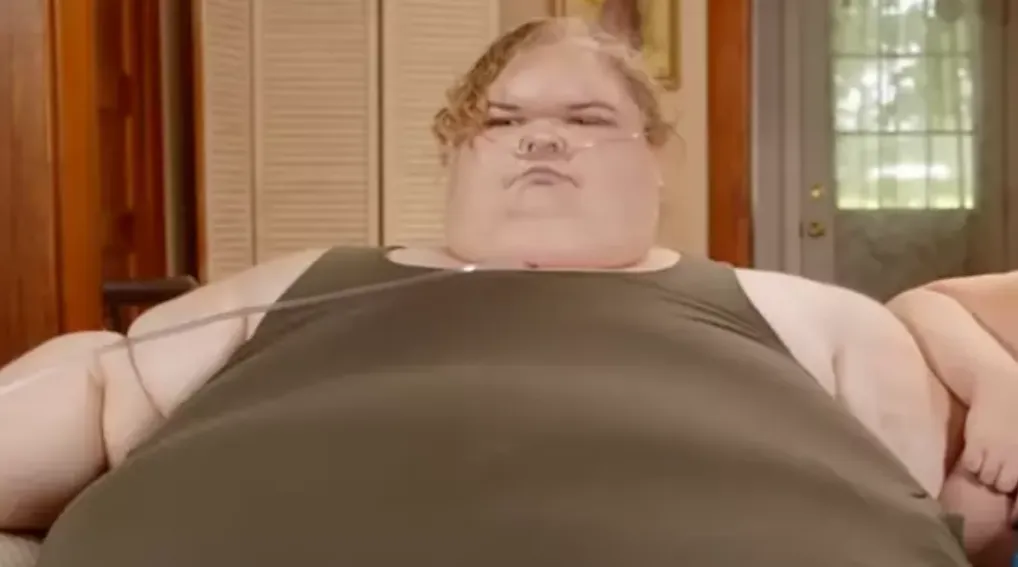'World's dirtiest man' dies after bathing once in 60 years: Here's why he did not shower for so long
Ablutophobia is a situation-specific anxiety disorder that involves the fear of bathing, cleaning or washing.

An Iranian resident, who was called the "world's dirtiest man," died at the age of 94 last week. Iran's IRNA news agency reported that "Amou Haji" a nickname for an elderly person, was from the village Dejgah in the southern region of Fars.
Haji hadn't bathed with water or soap in over 60 years and had been covered in soot and pus while living in a brick shack, reported local media.
He had experienced "emotional setbacks in his youth" which perhaps led him to refuse to take a wash for more than half a century, according to The Guardian. Only a few months ago, the locals convinced him to take his first bath.
Attempts to bathe him or offer him clean water to drink made him sad, the news agency said. Amou Haji feared that washing would make him ill.
The overwhelming fear of bathing, cleaning or washing is called ablutophobia, which comes under a specific category of phobias. This fear is an anxiety disorder which hasn't been completely understood but may have been caused due to a negative experience or a traumatic incident involving bathing, washing or cleaning in the past.
According to the Anxiety Disorders Association of British Columbia, a study found that this phobia affects children more than adults between the ages of 7-11.
SYMPTOMS OF ABLUTOPHOBIA
The symptoms of ablutophobia are similar to other phobias and may occur when a person faces an incident of bathing or cleaning.
Dr Fabian Almeida, Psychiatrist and Counsellor, Fortis Hospital, Kalyan told The HealthSite.com that ablutophobia is more likely to be present in women and children and is a situation-specific phobia.
- A person can have a panic attack which means increased sweating, palpitations and difficulty in breathing, dizziness, shaking or trembling, dry mouth and nausea.
- Intense fear and anxiety can escalate when someone is facing an incident of bathing or cleaning.
- Distress associated with the repetitive and uncontrollable nature of fearful thoughts.
- Mounting feelings of hopelessness and worthlessness.
- There is associated irritability due to feelings of hopelessness and worthlessness.
TREATMENT
Since bathing is a vital part of hygiene, there are various ways in which a person can be treated for this phobia. Lack of washing can have consequences.
According to Medical News Today, the Centre for Disease Control and Prevention (CDC) states that washing the body, hair and face regularly is an excellent way to prevent the spread of diseases and conditions, including chronic diarrhoea and lice.
This phobia can affect a person's daily functioning too, as it can cause them trouble in their professional lives, leading to isolation and depression.
Cognitive behavioural therapy (CBT) is a therapeutic approach to treating psychological disorders. This helps a person to change the way they look at the world around them by monitoring their feelings and thought processes. Anti-anxiety drugs can be issued by a medical professional upon diagnosis.
Dad with deadly brain cancer that kills in a year is cancer free after taking new drug
A breakthrough drug is fighting brain cancer head-on.
Glioblastoma is widely considered the deadliest form of brain cancer, killing over 10,000 Americans each year. There is no cure for the highly aggressive disease — many patients survive just nine months after diagnosis.

Ben Trotman was diagnosed with glioblastoma in October 2022 at 40.
Treatment focuses on managing symptoms and extending life via surgery to remove as much of the tumor as possible and radiation therapy and chemotherapy to destroy cancer cells.
Now, researchers from University College London Hospitals are recruiting glioblastoma patients for a trial of the immunotherapy drug ipilimumab. Sold under the brand name Yervoy, the monoclonal antibody stimulates the immune system to recognize and attack cancer cells.
Oncologists are optimistic since a UK father shows no signs of having a tumor after he took ipilimumab before his glioblastoma treatment.
Ben Trotman was diagnosed with glioblastoma in October 2022 at 40.
“The crucial element of this trial is that patients will have their immune system boosted by the drug before they have any other treatment, when they are fit and well enough to tolerate the immunotherapy,” said Dr. Paul Mulholland, the consultant medical oncologist leading the trial.
“We saw with Ben, the one patient recruited to the immunotherapy study, NeAT-GLIO, that he has had clear scans since having the treatment and the tumor hasn’t returned more than two and a half years later.”

Glioblastoma is widely considered the deadliest form of brain cancer, killing over 10,000 Americans each year.
Trotman met with Mulholland, who enrolled him in a clinical trial for ipilimumab. He was the first patient in the world — and the only person in the trial — to take the drug before glioblastoma treatment.
“Getting this diagnosis was the most traumatic experience,” said Trotman’s wife, Emily.
“We were grappling with the fact that Ben had gone from being apparently perfectly healthy to having months to live.”
After taking the drug, Ben underwent radiotherapy and chemotherapy.
Two years and eight months later, his scans are clear.
“It is very unusual to have a clear scan with glioblastoma, especially when he didn’t have the follow-up surgery that had been planned to remove all of the tumor that was initially visible on scans,” Mulholland said.

Ben and Emily Trotman wed in 2023, after he began his immunotherapy treatment.
“We hope that the immunotherapy and follow-up treatment Ben has had will hold his tumor at bay,” he added, “and it has so far, which we are delighted to see.”
In January 2023, months after his diagnosis, Ben married Emily. The couple welcomed a daughter, Mabel, earlier this year.
They enjoy taking her for walks along with their rescue dog, Jerry.
“We are trying to live as normal a life as possible,” Emily said.
“We are in a unique position of which there is no precedent and which comes with a great deal of uncertainty,” she continued. “We want to live each day as if it were our last, but we also want to plan for the future, which we hope to have.”
Researchers plan to recruit 16 glioblastoma patients like Ben over 18 months.
After taking ipilimumab, the trial participants will undergo radiotherapy and chemotherapy and perhaps surgery depending on the extent of their disease.

Dr. Paul Mulholland and Dame Siobhain McDonagh, who raised funds for the new clinical trial of ipilimumab.
The trial is being funded by Dame Siobhain McDonagh, a member of the British Parliament, whose sister died of glioblastoma in 2023.
“My beloved sister Margaret was appalled to discover that there had been no advances in brain cancer treatment for decades when she was diagnosed with glioblastoma,” McDonagh said. “Changing this was Margaret’s final campaign and one that I have continued in her memory.”
Treatment will take place at the NIHR UCLH’s Clinical Research Facility at the National Hospital for Neurology and Neurosurgery.
“I am delighted that this new trial, with the same immunotherapy drug I received, is going ahead and others will have the opportunity to take part,” Ben said. “It will give people newly diagnosed with glioblastoma some hope.”





